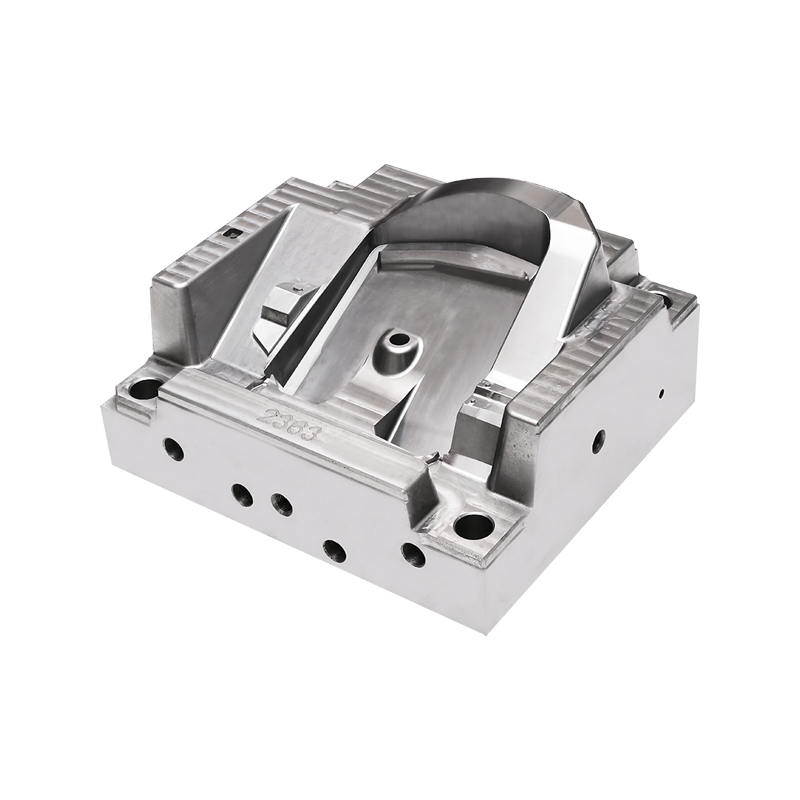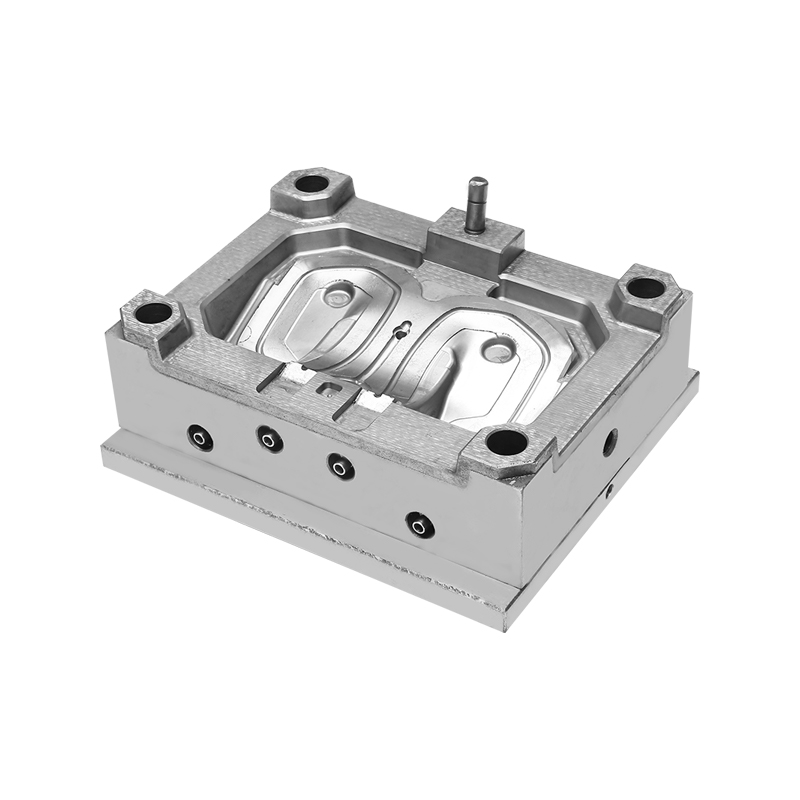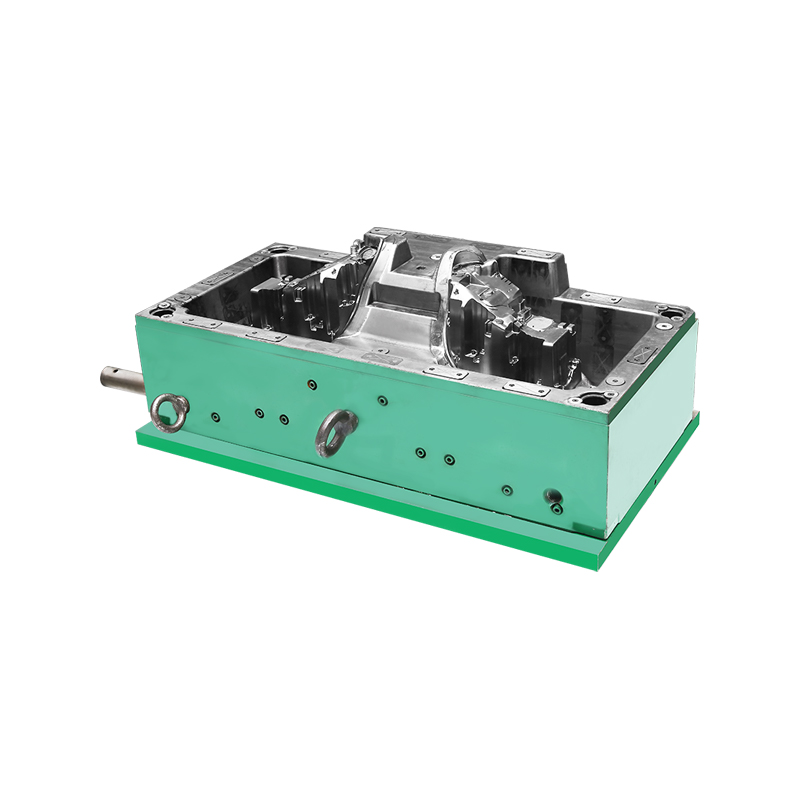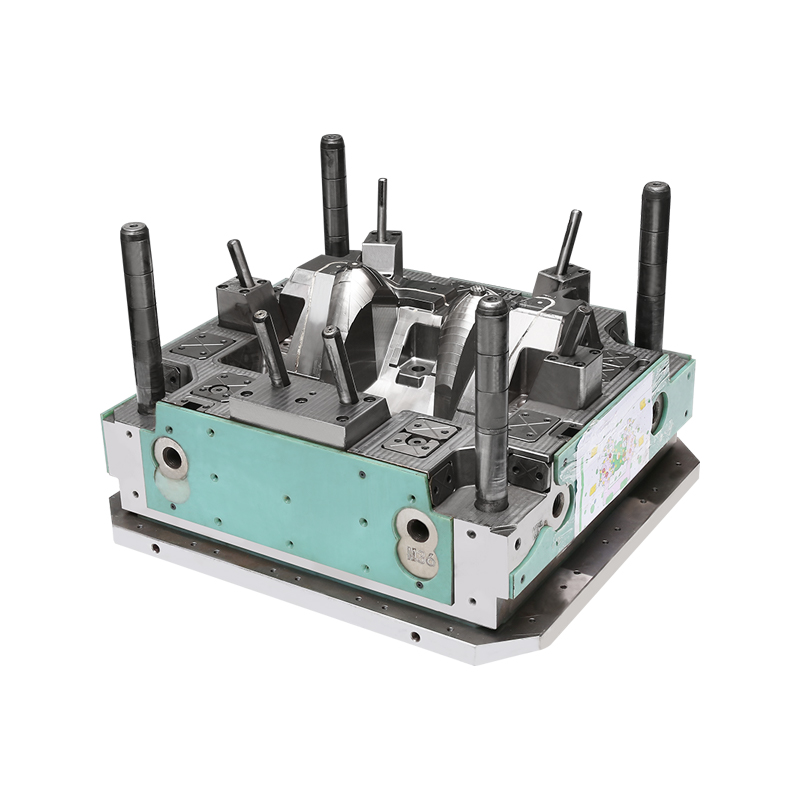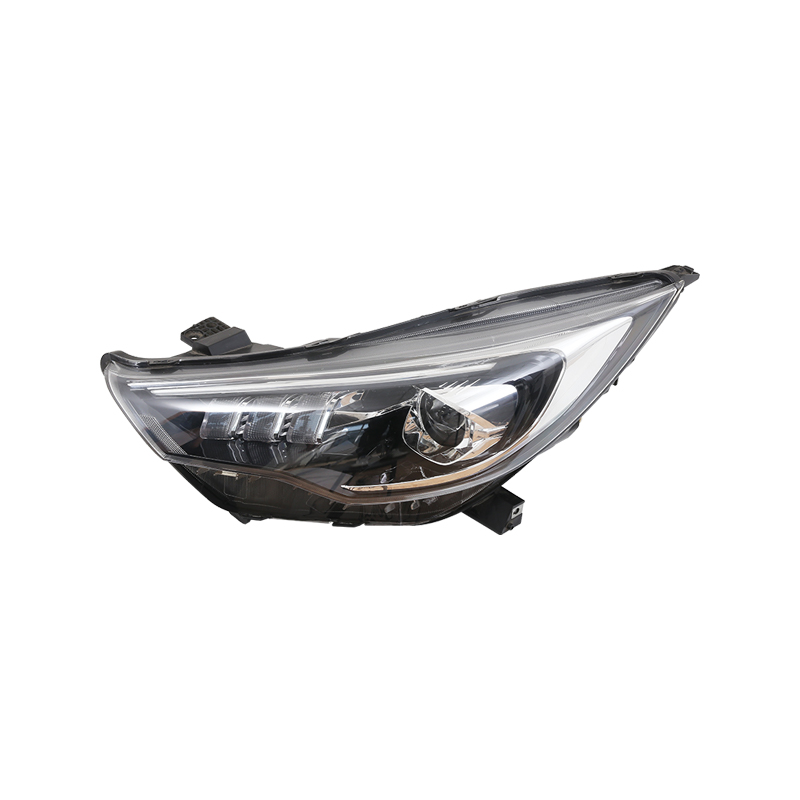Custom automotive injection car part mold Factory
In the fast-paced world of automotive manufacturing, the precision and quality of car parts are paramount. As automotive technology continues to evolve, the demand for high-quality, reliable car part molds has become more critical than ever. These molds play a key role in ensuring that every component, from engine parts to body panels, is manufactured to exact specifications. Among the various features that make a car part mold indispensable in modern production processes, heat stability stands out as a particularly important factor.
Understanding the Importance of Car Part Molds
Car part molds are sophisticated tools used in the manufacturing of various car components, typically through processes like injection molding and casting. The purpose of a car part mold is to shape the raw materials, often metals, plastics, or composites, into the desired form. These molds are designed with incredible precision, ensuring that the resulting parts meet the required specifications for fit, function, and safety.
However, as manufacturing processes have become more advanced, the demands placed on car part molds have increased. Today, these molds must not only produce high-quality parts but also withstand harsh conditions that include high temperatures, pressure, and extended production cycles. One of the crucial attributes that car part molds need to possess is heat stability. The ability of a mold to withstand temperatures without losing its shape or performance is essential for maintaining the quality of car parts throughout the production process.
The Heat Stability Challenge
The molding process itself exposes car part molds to ly high temperatures. In injection molding, for example, the material is heated to a molten state before being injected into the mold. This process requires the mold to maintain its structural integrity despite the fluctuating and intense heat it experiences. If the mold is unable to handle these conditions, it risks warping or even cracking, to defective parts, and costly production delays.
Heat stability in car part molds is therefore a critical factor in ensuring the smooth operation of an automotive manufacturing line. Materials like steel alloys and high-performance composites are often used for their heat resistance. These materials can endure the high temperatures encountered in molding processes without deteriorating, ensuring that the mold continues to produce accurate parts over long production runs.
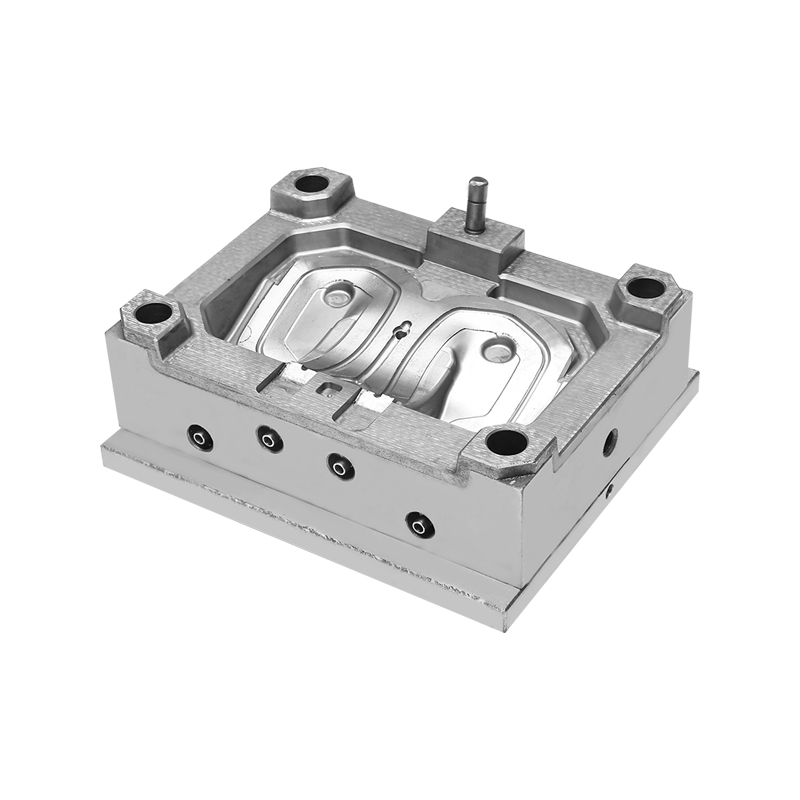
Why Heat Stability Matters in Car Part Molds
Maintaining Precision in the Manufacturing Process
Automotive parts are designed with exacting standards, and any variation in dimensions can to parts that don’t fit properly or function as intended. A mold that cannot handle heat fluctuations is more likely to expand or contract, which can cause dimensional inaccuracies in the final part. This can compromise the performance, safety, and aesthetic appeal of the car.
By using car part molds with heat stability, manufacturers can ensure that their molds retain their shape throughout the production cycle. This allows for the consistent creation of parts that meet the high standards required by the automotive industry.
Reducing Production Downtime
When a car part mold fails due to heat instability, it can to significant downtime in the manufacturing process. This not only delays production but also increases operational costs. By investing in high-quality car part molds that are designed to withstand temperatures, manufacturers can reduce the likelihood of mold failure and, in turn, decrease production downtime.
High-heat stable molds also reduce the frequency of maintenance and replacements, which is particularly valuable in high-volume automotive production environments. A well-maintained, heat-resistant mold can continue to produce parts for longer periods without requiring repairs or replacements, helping to maintain a smooth and efficient production line.
Ensuring Material Integrity
The materials used to manufacture automotive components are often subject to high temperatures, and the molds that shape them must be able to handle these materials without degradation. For instance, when molding plastic parts, the mold must endure the heat from the molten plastic without becoming damaged, as this could impact the material’s performance.
Car part molds designed with heat stability ensure that materials retain their integrity throughout the molding process. This to better part quality, fewer defects, and reduced waste, which are crucial factors in maintaining the overall efficiency of automotive production.
Improving Long-Term Cost-Effectiveness
Although high-quality, heat-resistant car part molds may come with a higher initial investment, their long-term cost-effectiveness is undeniable. Molds that can handle high temperatures more effectively require less maintenance and experience fewer breakdowns. This ultimately reduces the need for frequent replacements, to cost savings for manufacturers over time.
Additionally, the ability to maintain mold integrity and avoid production errors results in fewer defective parts, which can significantly reduce material waste and rework costs. In industries like automotive manufacturing, where profit margins are often tight, these savings are essential for staying competitive.
Design and Material Considerations for Heat Stability
To achieve the necessary heat stability, car part molds are often made from materials that are known for their resistance to heat and wear. Materials such as high-carbon steel, tool steel, and various alloys are commonly used for their durability under certain conditions. Additionally, modern car part molds often incorporate coatings that improve heat resistance and reduce friction, further extending the lifespan of the mold.
Advanced technologies like computer-aided design (CAD) and finite element analysis (FEA) are also employed to optimize the mold design, ensuring that the mold can handle heat fluctuations without compromising performance. These tools allow manufacturers to simulate the molding process and identify potential areas of weakness in the mold, such as areas that are more susceptible to heat-induced stress.
In the world of automotive manufacturing, car part molds are a critical component of the production process. The heat stability of these molds is crucial for ensuring that parts are produced with the required precision, quality, and safety. By choosing materials and designs that prioritize heat resistance, manufacturers can improve the efficiency of their production lines, reduce downtime, and lower costs in the long run. As automotive technology continues to evolve, the role of car part molds in ensuring high-quality, reliable vehicle components will only grow more important.
By investing in the right car part molds, manufacturers can not only meet the demands of today’s automotive industry but also position themselves for success in the ever-evolving market. The ability to produce high-quality car parts with consistent accuracy, despite the challenges posed by temperatures, is a testament to the importance of heat-stable car part molds in modern automotive manufacturing.

 English
English 中文简体
中文简体 русский
русский Español
Español
